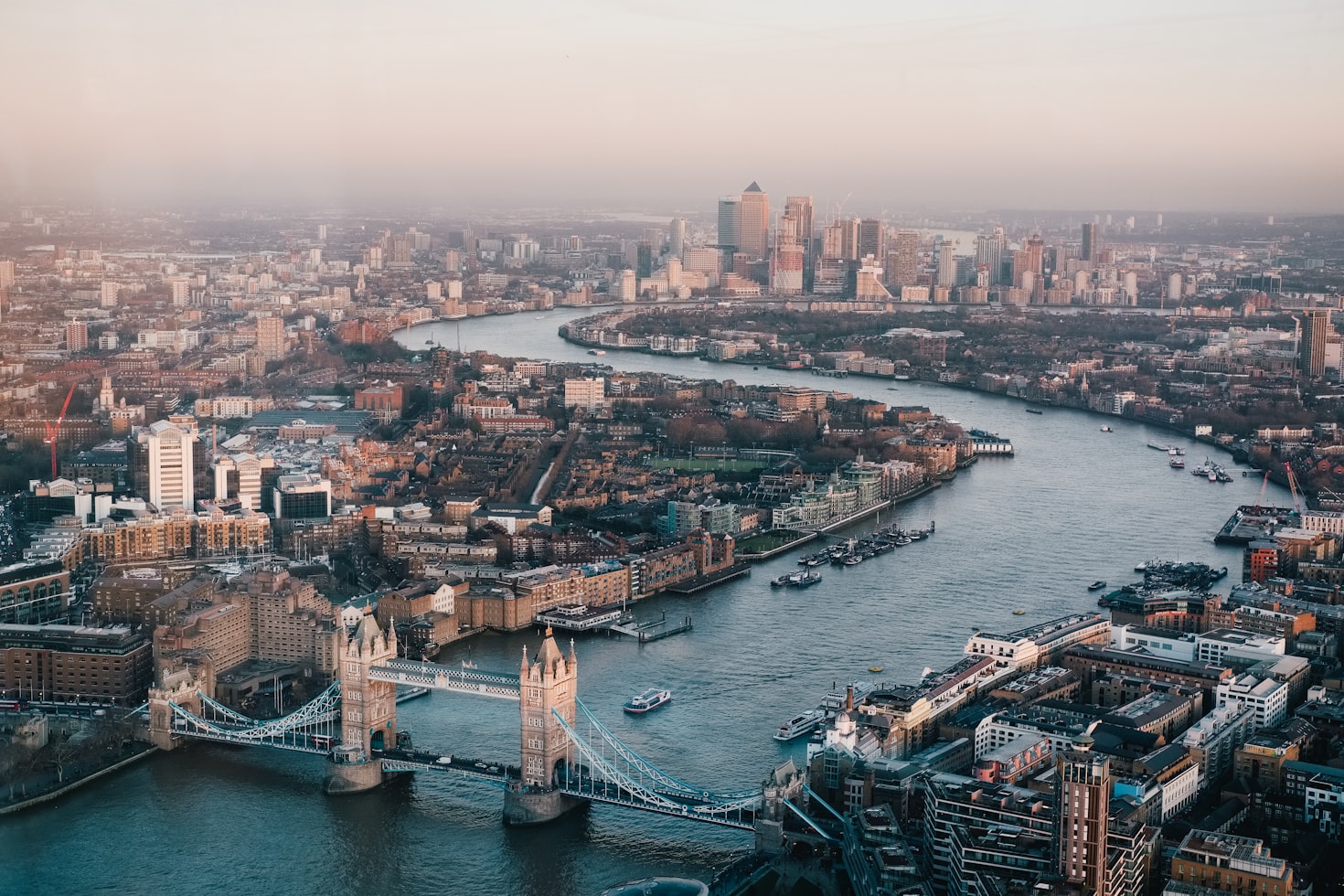Current Local Time

Current Weather in London
Country Information
Major Cities
England is divided into several regions, each with its own distinct character.
Must-Visit Landmarks

Big Ben & Parliament
Iconic clock tower and seat of the UK government in London.

Stonehenge
Prehistoric monument dating back to 3000 BC, a UNESCO World Heritage Site.

Tower of London
Historic castle on the north bank of the River Thames, home to the Crown Jewels.

Lake District
Stunning mountainous region and national park in northwest England.

Canterbury Cathedral
Mother church of the Anglican Communion and UNESCO World Heritage Site.

Oxford University
World's second-oldest university with stunning medieval architecture.
Brief History of England
Roman Conquest
The Romans under Emperor Claudius began their conquest of Britain, establishing Londinium (London).
Norman Conquest
William the Conqueror defeated King Harold at the Battle of Hastings, beginning Norman rule.
Magna Carta
King John signed the Magna Carta, establishing the principle that everyone is subject to the law.
Tudor England
Henry VIII broke with Rome and established the Church of England. Elizabeth I's reign saw England emerge as a major power.
Industrial Revolution
England became the birthplace of the Industrial Revolution, transforming society and the economy.
World Wars & Modern Era
England played pivotal roles in both World Wars and transitioned from empire to modern European nation.
Travel Tips for Visitors
Visa Requirements
Many visitors can enter visa-free for up to 6 months. Check requirements based on your nationality before traveling.
Currency & Payments
Pound Sterling (£) is the currency. Contactless payments are widely accepted, including on public transport.
Transportation
Excellent rail network connects major cities. London has extensive Underground (Tube) system. Oyster cards simplify payments.
Tipping Culture
10-12.5% in restaurants if service not included. Not expected in pubs. Round up taxi fares.
Weather
Unpredictable - always carry an umbrella. Summers are mild (15-25°C), winters cool but rarely extreme (2-8°C).
Electricity
230V, 50Hz. Type G plugs (three rectangular pins). Visitors will need adapters.